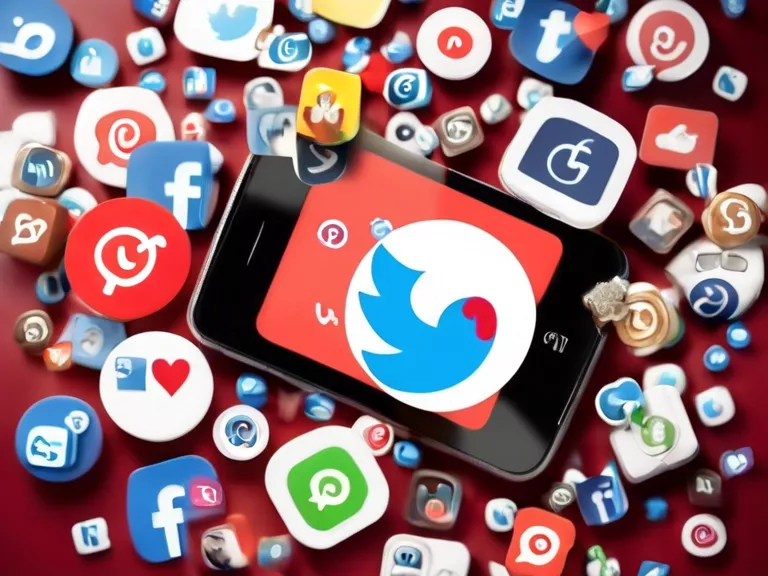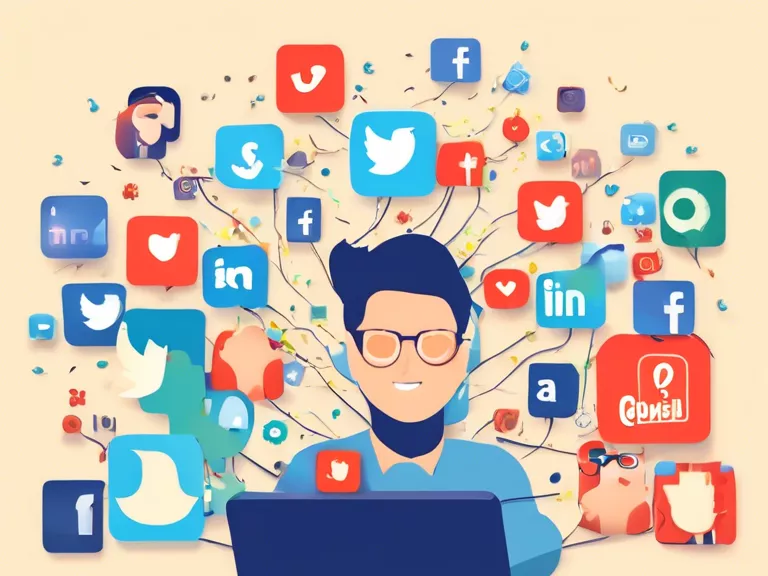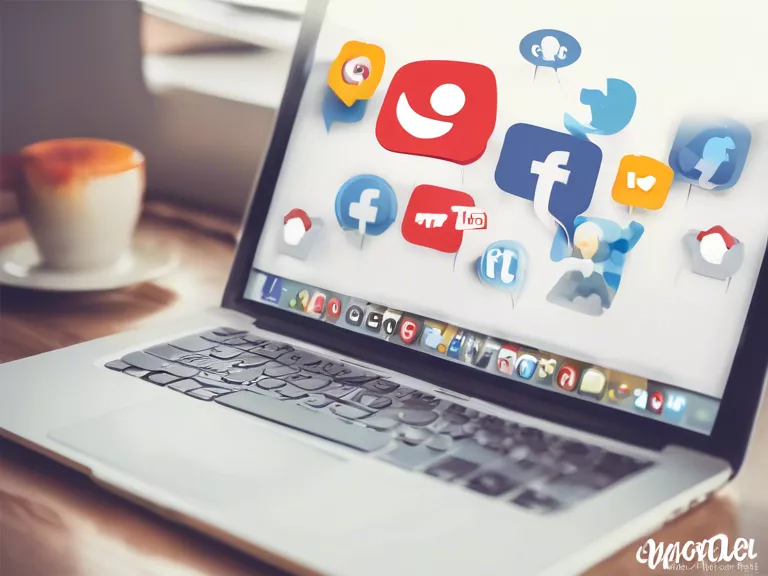
Best practices for balancing social media usage with mental well-being
In today's digital age, social media has become an integral part of our daily lives. While it can be a powerful tool for connecting with others and staying informed, excessive use of social media can have negative impacts on our mental well-being. It's essential to find a balance between staying connected online and taking care of our mental health. Here are some best practices to help you achieve that balance:
Limit screen time: Set boundaries for how much time you spend on social media each day. Constantly scrolling through feeds can lead to feelings of comparison, anxiety, and stress. Try to allocate specific time slots for checking social media and stick to them.
Engage mindfully: Be mindful of the content you consume on social media. Unfollow accounts that make you feel inadequate or trigger negative emotions. Instead, follow accounts that inspire you, educate you, or make you laugh.
Take breaks: It's important to take regular breaks from social media to recharge and focus on real-life interactions. Consider taking a social media detox for a day or a weekend to give your mind a break from the constant stimulation.
Prioritize real-life connections: While social media can help us stay connected, it's crucial to prioritize face-to-face interactions with friends and family. Make time for meaningful conversations and activities that nourish your relationships offline.
Practice self-care: Don't neglect your mental health in favor of social media. Make time for activities that promote relaxation and well-being, such as exercise, meditation, reading, or spending time in nature.
By implementing these best practices, you can strike a healthy balance between social media usage and mental well-being. Remember that taking care of your mental health should always be a top priority, even in the digital age.



